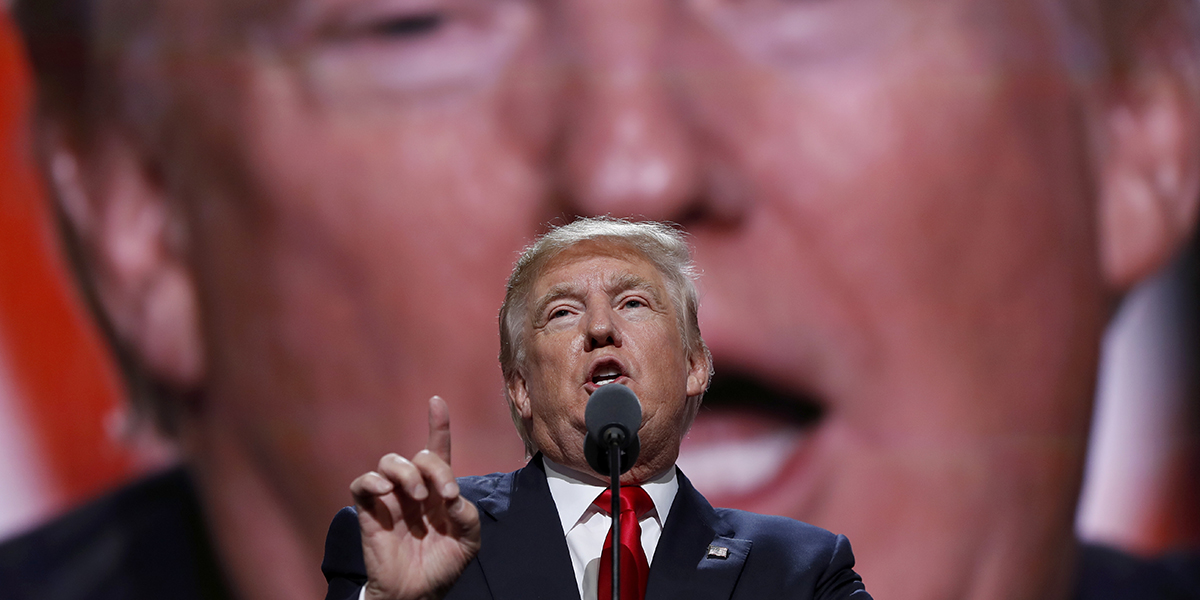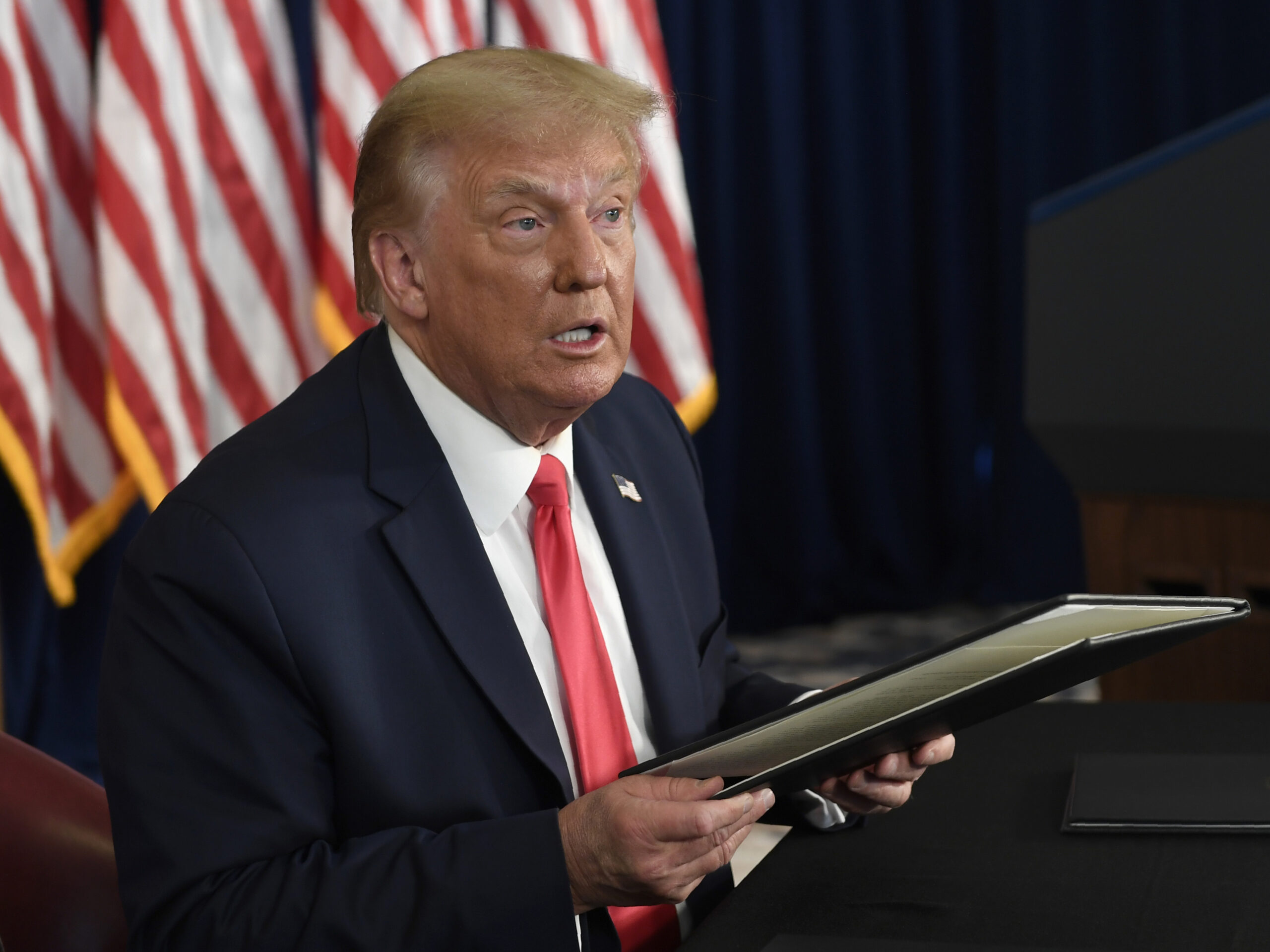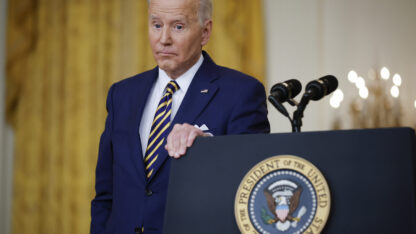Some Parents Struggle With Explaining Trump To Their Children

Republican Presidential Candidate Donald Trump, speaks during the final day of the Republican National Convention in Cleveland, Thursday, July 21, 2016. (AP Photo/Carolyn Kaster)
Carolyn Kaster / Associated Press
A lot of parents who opposed the Trump candidacy are still trying to figure out how to explain to their children what happened.
Late Wednesday morning, West End resident Jessica Shepherd pulled a pan of brownies from the oven of her home.
“You have to eat your feelings with something that tastes good, right?” she said.
The statement was followed by a wry laugh. She also cried a lot this morning. A vocal supporter of Hillary Clinton’s campaign, Shepherd now struggles with how to talk with her four children about the election results.
“I don’t want to diminish the office of the president and not talk about it with my children,” she said, “but I’m not going to talk to them about this man’s character. I don’t know what to do. I honestly don’t know what to do.”
Psychologist Joy Beckwith, who works with a lot of Atlanta families, said she’s been getting phone calls since Wednesday morning from parent after parent about this very topic.
“[They’re] from parents saying their anxiety is spilling over to their kids. There’s this huge sense of uncertainty,” Beckwith said.
She said when parents are feeling anxious over anything – not just if their candidate of choice didn’t win an election – the natural instinct is to protect kids. We might want to tell them everything’s going to be OK.
But, she warned, “That is absolutely not the way we necessarily want to go.”
Instead, Beckwith now tells parents to be straightforward, but not gloomy.
“You say, ‘We’re uncertain what will happen, however, we will protect you,’” she said. “I think we speak about our democratic system and tell them how one person doesn’t make all of the decisions.”
Beckwith and other child psychologists also suggested choosing community service projects to do as a family to show kids (and their anxious parents) that they can make a difference.
Psychologists also remind parents that you can’t well care for others if you yourself are feeling over-stressed. And things like spending time with friends – and even turning off the news every now and then – can help.
More Tips for Talking with Your Kids About Tough Political Situations
- Whatever the age of the child, allow for questions.
- Physical affection can go a long way in times of anxiety. Don’t hold back from giving them lots of hugs.
- Modeling your own concerns is fine. Just don’t overload children with your own anxieties. If you do show them, counter them by acknowledging the good things in the world. If you’re displeased with the way a local race turned out, for example, talk with your children about term limits.
- Teach your children relaxation techniques, such as taking deep breaths.
- Connect with your community, be that social or spiritual. Call up friends.
- Limit media exposure when you’re feeling panicky. (Put. Facebook. Down.)
9(MDAxODM0MDY4MDEyMTY4NDA3MzI3YjkzMw004))








